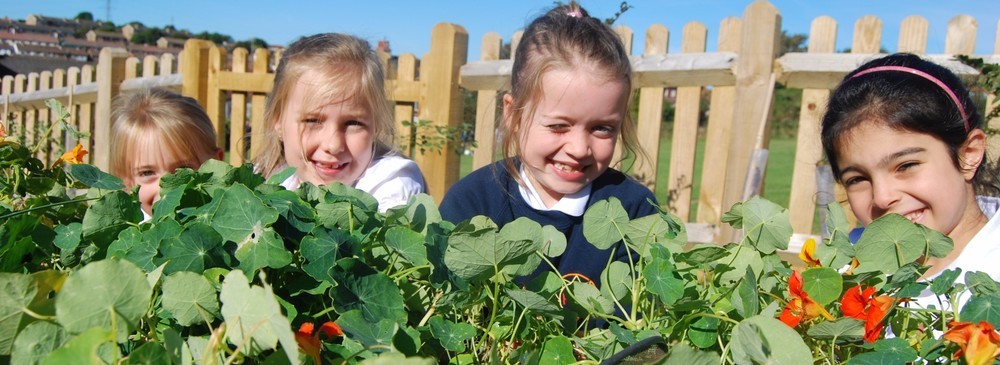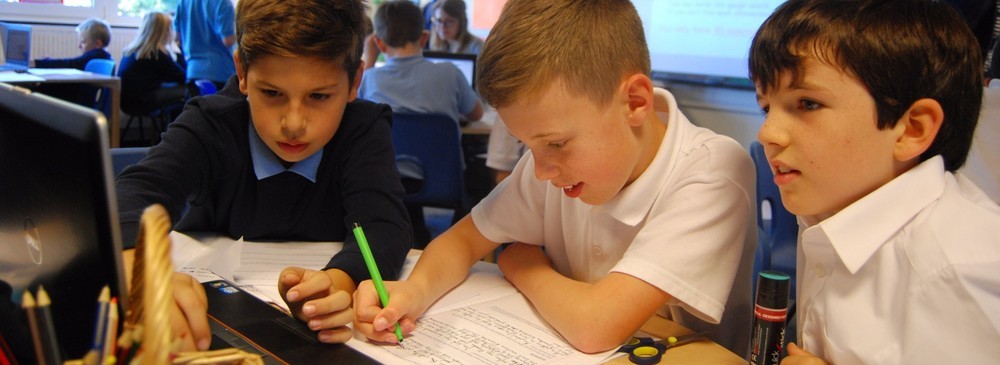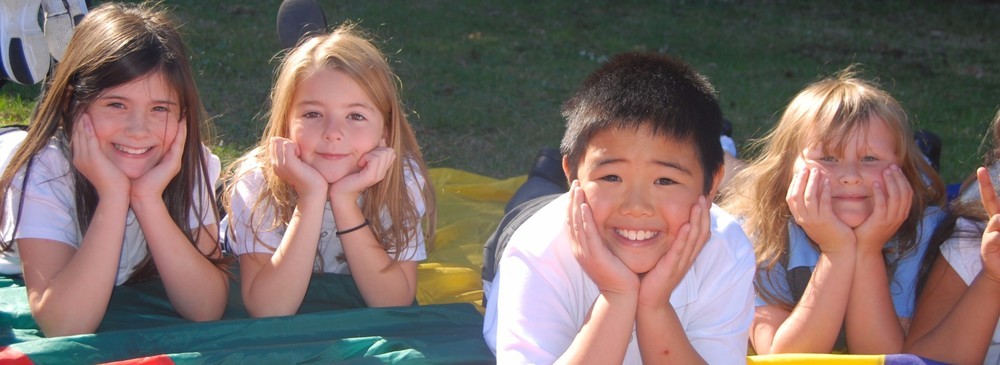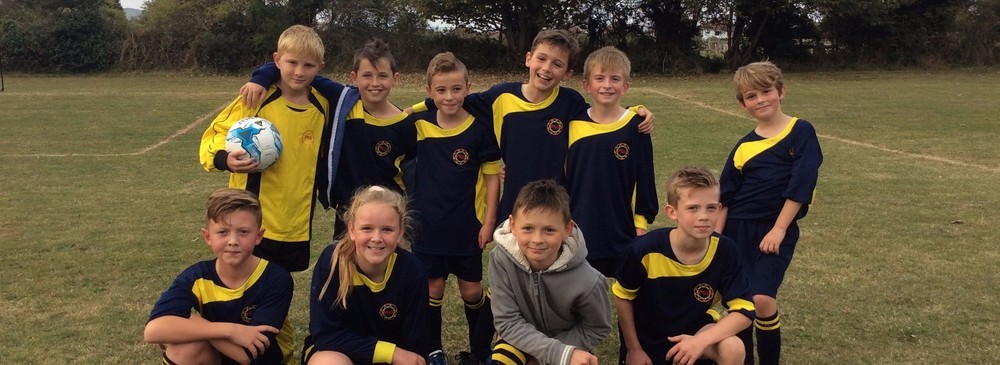This website uses Google Translate
You cannot use this feature without first accepting 3rd Party Cookies.
This website uses Google Translate
You cannot use this feature without first accepting 3rd Party Cookies.




You cannot use this feature without first accepting 3rd Party Cookies.
You cannot use this feature without first accepting 3rd Party Cookies.
The teaching and learning of English is a core part of our curriculum at Peter Gladwin. We believe that effective communication is the basis of successful learning across all curriculum subjects. As well as carefully planned opportunities to develop English skills, knowledge and understanding, (following the Early Years Foundation Stage Statutory Framework 2020, Development Matters 2020 and the National Curriculum for English 2013), our creative approach allows the teaching and learning of English to span other subjects through our topic-based approach, creating exciting opportunities to further the children’s understanding. We base our teaching of reading and writing around high-quality texts that promote equality and diversity, along with a rich vocabulary to help provide the cultural capital our children need to succeed in life. Alongside their reading and writing, children develop their speaking and listening skills; wide-ranging cross-curricular opportunities for discussion, role-play and drama enhance this key element of learning.
Peter Gladwin children are provided with a world of rich opportunities through which to develop a love of reading, writing and the dramatic arts. They benefit from a wide variety of first-hand experiences, in and beyond the classroom, such as the Portslade cluster performance poetry festival, visits from aspirational speakers and theatre companies, school performances and productions, assemblies and educational visits.
Please see below to find out more information about writing, reading & phonics.
INTENT
At Peter Gladwin, we value reading as a key life skill and believe it is the foundation of learning. We are dedicated to enabling our children to become lifelong readers. Children’s reading journeys begin from when they enter EYFS through the teaching of phonics and exposure to high quality age-appropriate texts. An interest in books is developed by sharing songs, stories and rhymes, fostering opportunities to talk and re-enact stories or follow children’s interests through information books. Books are shared with the children daily; children are motivated to look at and talk about story and information books in their child-initiated play by utilising books in all areas of the provision. Moving into KS1, children continue to build on their reading skills and begin to develop greater independence when accessing a variety of texts. As they enter KS2, children build and develop their comprehension skills, further enabling them to appreciate a wide range of high-quality texts. Through these carefully-selected texts, they develop a love and appreciation of reading across fiction and non-fiction, poetry, traditional tales, plays and texts which reflect our children's different realities, enabling them to develop fluency and confidence, seeing themselves as readers and as writers.
By adopting a consistent approach to the teaching of reading, linked to the EYFS and National Curriculum, we aim for all our children to develop the skills and confidence to read across all subject areas.
IMPLEMENTATION
At Peter Gladwin our motto is ‘Dream, Believe, Achieve’. We believe reading is key for academic and future life success and so, to ensure we have a holistic approach to the teaching of reading, we implement the following:
IMPACT
Through the teaching of systematic phonics, our aim is for children to become fluent readers by the end of KS1. This way, children focus on developing their fluency and comprehension as they move through the school. Attainment in reading is measured using the statutory assessments at the end of each Key Stage; these results are measured against the reading attainment of children nationally. Attainment in phonics is measured by the Phonics Screening Check at the end of Year 1. However, we firmly believe that reading is the key to all learning and so the impact of our reading curriculum goes beyond the results of the statutory assessments. Teachers assess children regularly against the Reading Key Performance Indicators (Years 1-6) and against the Reading Early Learning Goal (in EYFS). These regular assessments inform planning and allow teachers to identify gaps in learning. Teachers also complete regular phonic assessments to track and monitor progress.
We give all children the opportunity to enter the magical worlds which books open up to them and actively promote reading for pleasure as part of our reading curriculum. Children are encouraged to develop their own love of genres and authors, to review books objectively and to comprehend and critique what they read. This enhances a deep love of literature across a range of genres, cultures and styles, and enables children to appreciate our rich and varied literary heritage.By the time children leave Peter Gladwin School they are competent readers who can recommend books to their peers, have a thirst for reading a range of genres including poetry, and participate in discussions about books, including evaluating an author’s use of language and the impact this can have on the reader. Our reading curriculum develops the habit of reading widely and often, for both pleasure and information.
Please see the links below for more information about our approach to teaching phonics and early reading and Twinkl synthetic phonics scheme.
INTENT
Through our core texts and topic-based learning, we aim to inspire children to be able to express their thoughts and ideas clearly and creatively through the spoken and written word. Writing tasks are purposeful, with a sense of audience at their heart. We set high expectations for all children to take pride in their work, focusing on handwriting and presentation alongside imaginative content. The children are supported in weaving their growing vocabulary, spelling and grammar knowledge into the compositional content of their writing.
Our approaches to teaching writing ensure that all children can:
IMPLEMENTATION
At Peter Gladwin, excellence in writing starts with reading. , along with multiple approaches to the teaching of writing. This resource uses quality children’s literature and creative teaching approaches to support teachers in developing a high quality literacy curriculum and fostering a whole-school love of reading and writing.
Writing across the primary phase is focused around a key high-quality text as stimulus. We subscribe to the Centre for Literacy in Primary Education (CLPE) Power of Reading initiative, and our teaching staff are trained in the use of this programme. This approach informs the sequencing of writing lessons in which pupils immerse themselves in the text, discovering the narrative, language and organisational features. Teaching and learning then focuses on building key skills, using the text as a scaffold to support and inspire inventive and independent writing. The wide variety of text types (contemporary and classic fiction, non-fiction & information books, poetry, traditional tales, plays and other texts which reflect our children's different realities) support our children in writing for a range of purposes and in a range of styles.
Working walls and focused resources support quality-first teaching and encourage ‘give it a go’ growth mindset approaches to writing for children of all abilities. Whole-class teaching is supported by small group interventions to support and challenge writers of all abilities and to meet the needs of all learners. Our highly-skilled and knowledgeable teachers are able to formatively assess pupils’ learning and track progress through analysis of their oracy, reading and writing. A wide range of assessment information is collated and analysed by staff, enabling identification of learning gaps, and celebrations of progress, effort and success.
IMPACT
By the end of Key Stage Two, Peter Gladwin writers have developed: